Description
Back by popular demand!
The Hindi word ‘Ratnagiri’ translates literally to ‘Pearl Mountain’, a reference to the dense silver oak canopy which crowns this farm. Ratnagiri was established in 1920 and is owned and operated by Ashok Patre, having been passed down from Grandfather, to father to son. Ashok Patre is progressive, well-travelled and bursting with initiative. He has drawn inspiration from elsewhere to step beyond the boundaries of traditional Indian coffee cultivation and processing. Brix levels are tested before harvesting. We have sourced exclusively Ashok’s fully washed coffee that is carefully dried on raised beds.
For all intents and purposes Pearl Mountain Estate is an organic/biodynamic farm and also maintains official Rainforest Alliance Certification. Quarterly soil tests and organic corrections to soil are applied. Ionic seawater and sea weed extract are applied to improve plant immunity and sugar levels of the fruit. The estate is a lush shaded environment with 3 stories of shade. It is home to over 48 recorded bird populations, monkeys, leopards, wild boar, tigers, mongoose and – on occasion – elephants. The rich biodiversity demands that Ashok and his family have an approach to farming which places ecology and harmony with the environment at the forefront. This is a world class farm, truly one of the leading in India and a great example of Kaladi and the farmer working together to engineer excellence.
Country of Origin: India
Region: Bababudangiri, Western Ghats
Producer Type: Single Estate
Farm Name: Ratnagiri Estate
Plant Species: Arabica
Variety: Caturra, Catuai
Processing: Fully Washed, Dried on Raised Beds
Growing Altitude: 1200 – 1500 msl
History of Coffee in India
If coffee was born in Ethiopia and grew up in Yemen, then it left home to make its own way in the world through India in the 17th Century, when Baba Budan, returning from a pilgrimage to Mecca, smuggled seven beans and planted them in hills of the Chikkamagaluru district, a hill region now known as Baba Budan Giri. Green coffee cultivation grew slowly in India and the first formal plantations were established by the British in 1840 in the same region where the first coffee was planted.
Growing Coffee in India
Over the years, repeated battles with leaf rust and an emphasis on yield caused India to increase planting Robusta and prioritize shade growing conditions. Today, India grows more than twice as much Robusta as Arabica and nearly all coffee is grown under shade, much of it in forest conditions. Over 21% of India’s coffee is exported to Italy, where Robusta has long been a part of traditional espresso blends. Despite this, a number of estates have continued with high quality Arabica varieties. Coffee plantations in India are home to abundant wildlife, including tigers and elephants, because of the forest-like conditions. Compared to shade grown coffee in other parts of the world, coffee in India is grown in dense shade conditions, and almost intercropped with peppercorn, cardamom, areca nut, oranges, bananas, and other crops. By law, those who work on coffee farms must be paid minimum wage. Though the system for determining this wage in different sectors is complex, coffee workers in India tend to make more than the world-wide average. They also receive child care, maternity leave, free housing, and pensions.

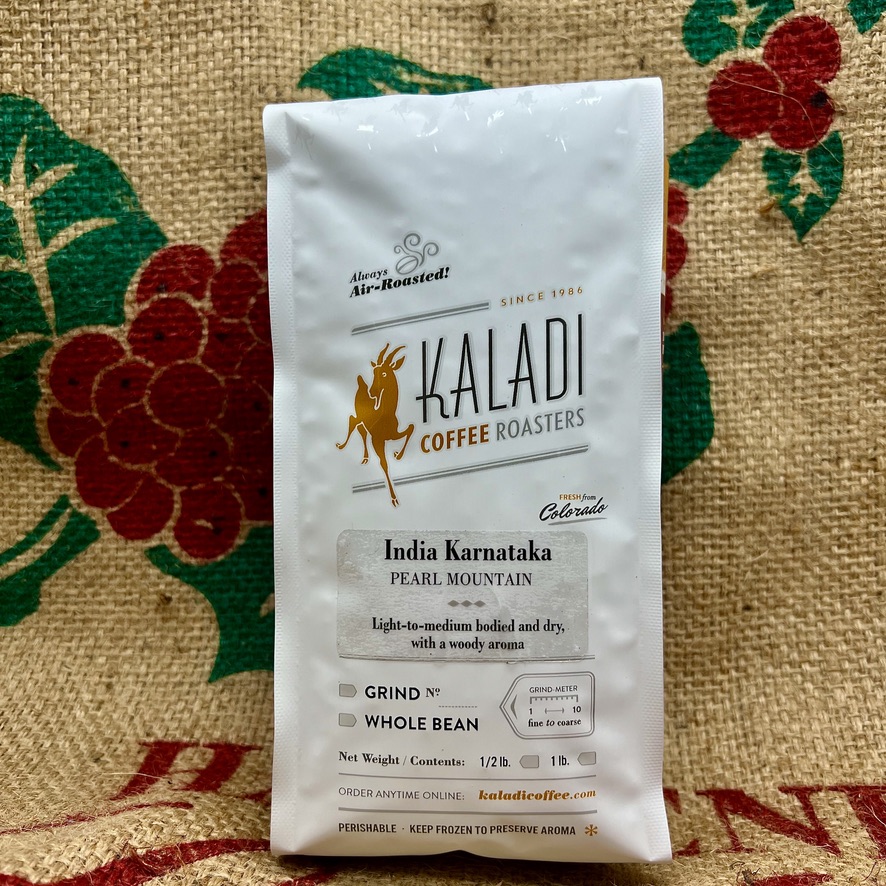
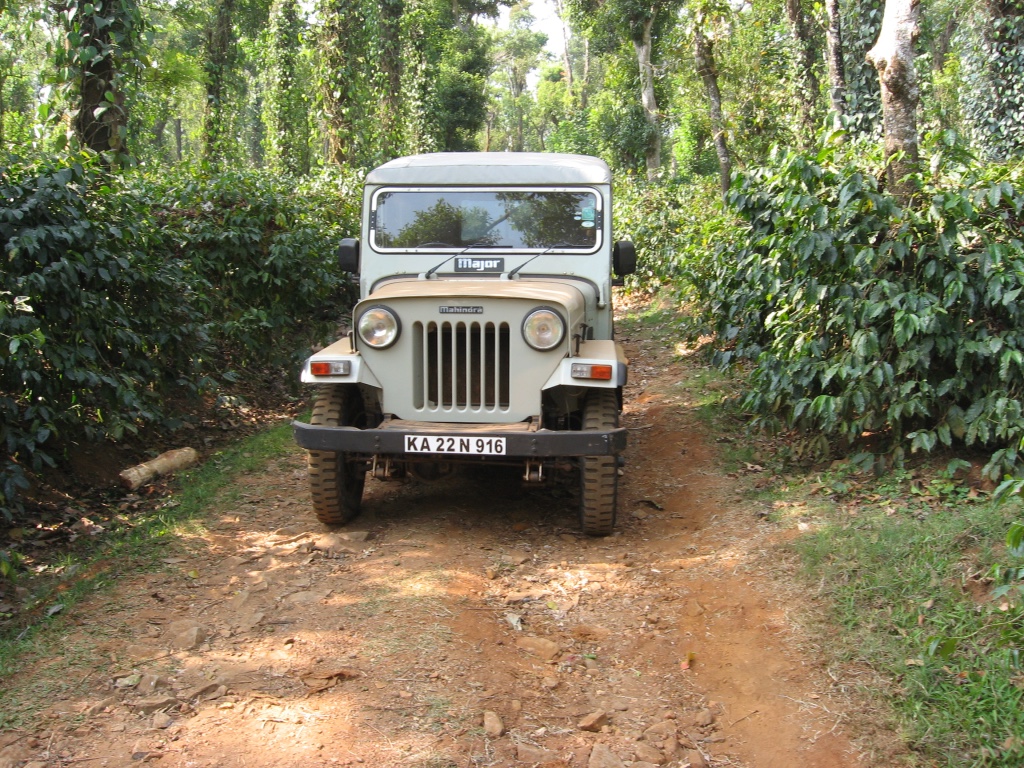
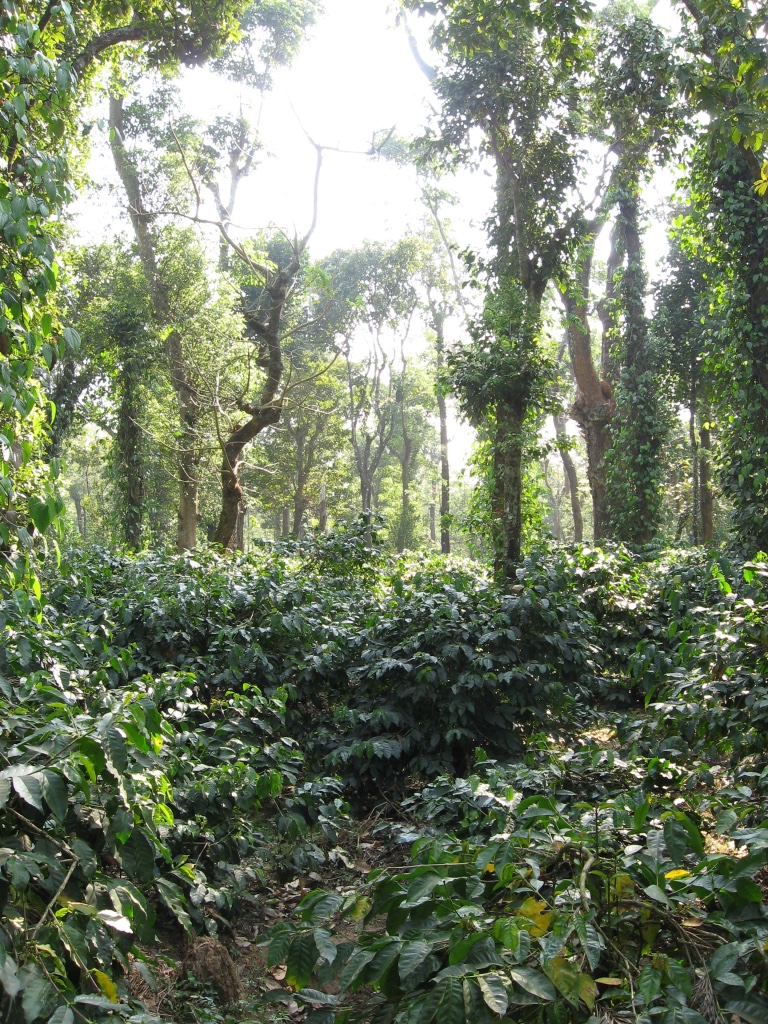
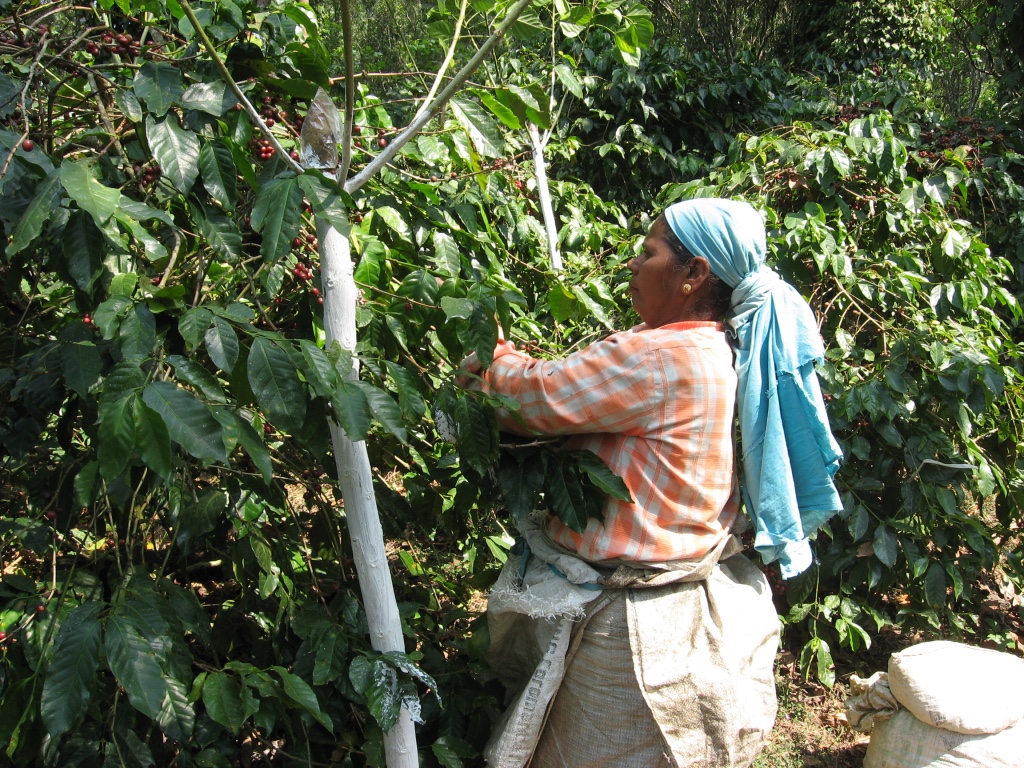
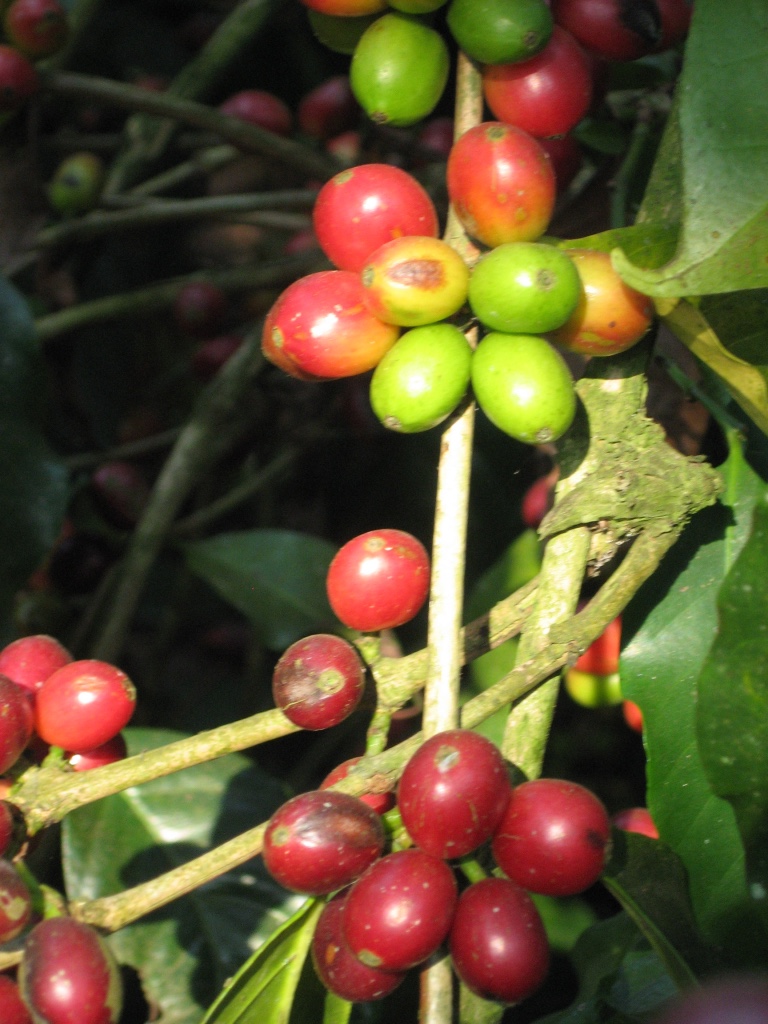
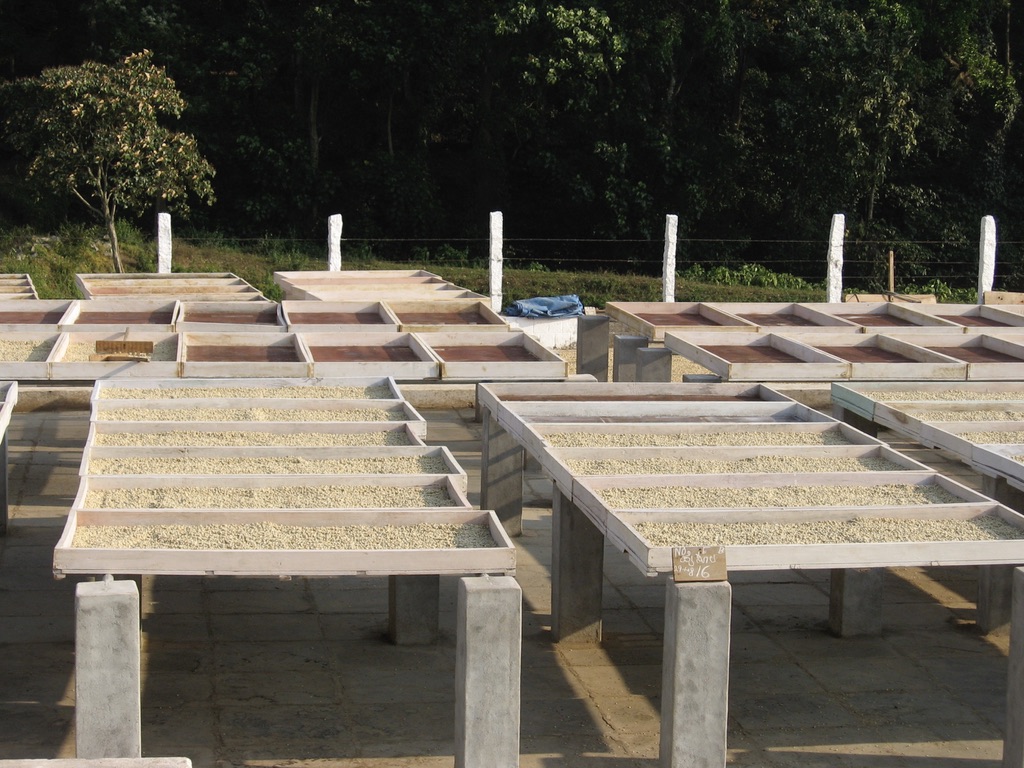
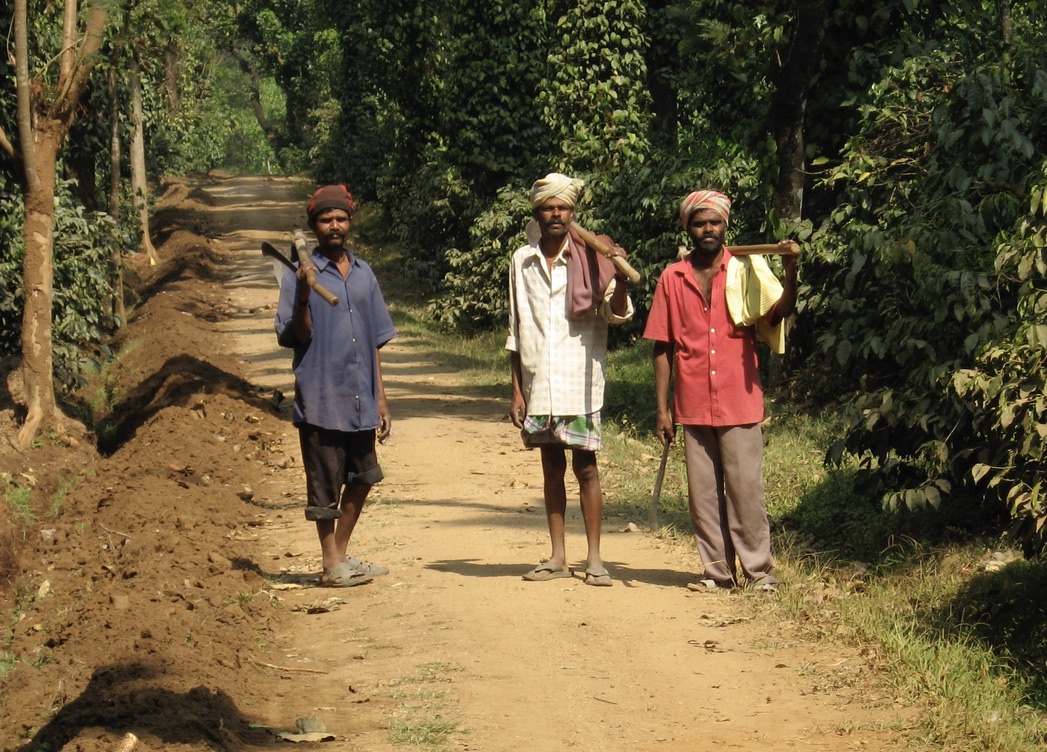


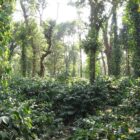
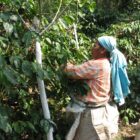


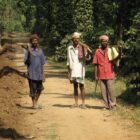



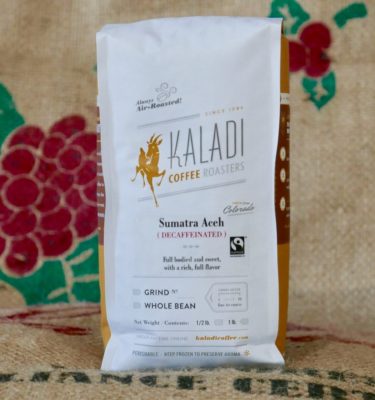




There are no reviews yet.